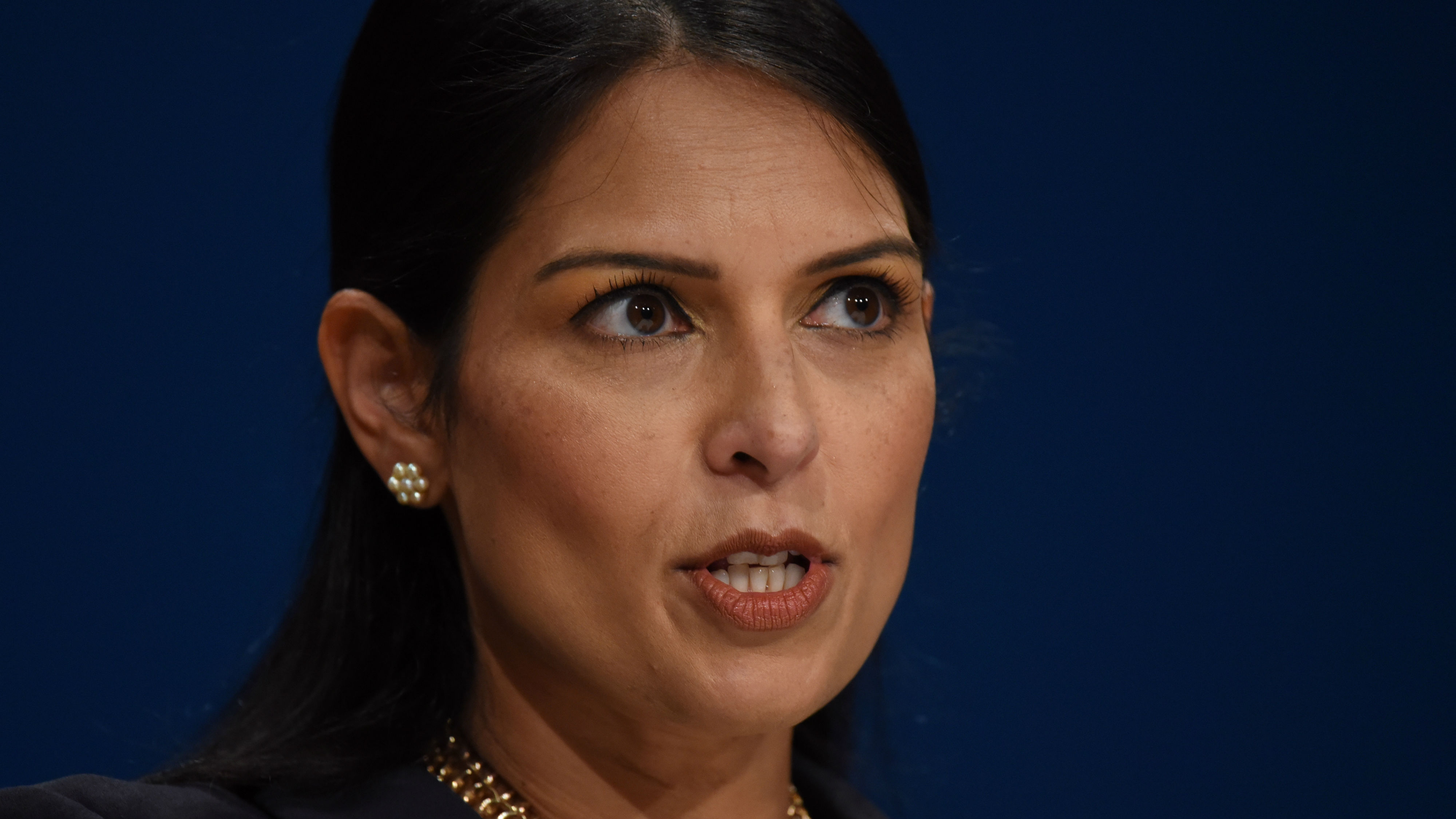Consultancies accused of taking billions from UK foreign aid
Aid agencies could be forced to publish all contracts following newspaper report into alleged overcharging

A free daily email with the biggest news stories of the day – and the best features from TheWeek.com
You are now subscribed
Your newsletter sign-up was successful
A number of consultancy firms stand accused of overcharging the government to extract "billions of pounds" from the UK's foreign aid budget each year, claims The Times.
An analysis of five years and £38bn worth of aid UK aid payments found spending on consultants accounted for £3.4bn, or nearly ten per cent.
Consultancy revenues have "doubled to £1bn a year since 2012", says the paper.
The Week
Escape your echo chamber. Get the facts behind the news, plus analysis from multiple perspectives.

Sign up for The Week's Free Newsletters
From our morning news briefing to a weekly Good News Newsletter, get the best of The Week delivered directly to your inbox.
From our morning news briefing to a weekly Good News Newsletter, get the best of The Week delivered directly to your inbox.
Priti Patel, the International Development Secretary, has now pledged "to review all foreign aid contracts" and is reportedly "considering forcing aid suppliers to publish all contracts".
It is understood the MP has said privately that she will not "tolerate the profiteering by those who have created an industry out of the suffering of the world's poorest".
The consultancy money was spread among 520 organisations, with the top ten in the UK, "including Adam Smith International (ASI) and Oxford Policy Management", accounting for around £1.5bn of that.
Examples of high costs cited include:
A free daily email with the biggest news stories of the day – and the best features from TheWeek.com
- a quote of £10,306 to write a single blog post;
- £23,000 to write a two-page policy brief;
- £12,000 to produce a six-page 'how-to' note on disaster resilience, and
- £15,100 to write a 30-page discussion paper.
"The figures are likely to underestimate significantly the aid money flowing to [consultants]," adds the Times. "Many receive large contracts via third parties such as the World Bank and the International Monetary Fund, which are handed billions of pounds in foreign aid to distribute themselves."
The UK spent £12.2bn on foreign aid last year, making it one of only five countries to hit a 0.7 per cent of GDP target. About 40 per cent of that budget goes to "multilateral organisations" such as the United Nations and the World Bank to fund broader aid programmes, while the rest is "bilateral" aid paid directly from the Department for International Development (Dfid).
The Times says the department spends about £8.4bn directly on selected aid programmes.
A Dfid spokeswoman said it was "one of the most transparent development agencies in the world" but that it "can and will do more".
-
 ‘Restaurateurs have become millionaires’
‘Restaurateurs have become millionaires’Instant Opinion Opinion, comment and editorials of the day
-
 Earth is rapidly approaching a ‘hothouse’ trajectory of warming
Earth is rapidly approaching a ‘hothouse’ trajectory of warmingThe explainer It may become impossible to fix
-
 Health insurance: Premiums soar as ACA subsidies end
Health insurance: Premiums soar as ACA subsidies endFeature 1.4 million people have dropped coverage
-
 Labour shortages: the ‘most urgent problem’ facing the UK economy right now
Labour shortages: the ‘most urgent problem’ facing the UK economy right nowSpeed Read Britain is currently in the grip of an ‘employment crisis’
-
 Will the energy war hurt Europe more than Russia?
Will the energy war hurt Europe more than Russia?Speed Read European Commission proposes a total ban on Russian oil
-
 Will Elon Musk manage to take over Twitter?
Will Elon Musk manage to take over Twitter?Speed Read The world’s richest man has launched a hostile takeover bid worth $43bn
-
 Shoppers urged not to buy into dodgy Black Friday deals
Shoppers urged not to buy into dodgy Black Friday dealsSpeed Read Consumer watchdog says better prices can be had on most of the so-called bargain offers
-
 Ryanair: readying for departure from London
Ryanair: readying for departure from LondonSpeed Read Plans to delist Ryanair from the London Stock Exchange could spell ‘another blow’ to the ‘dwindling’ London market
-
 Out of fashion: Asos ‘curse’ has struck again
Out of fashion: Asos ‘curse’ has struck againSpeed Read Share price tumbles following the departure of CEO Nick Beighton
-
 Universal Music’s blockbuster listing: don’t stop me now…
Universal Music’s blockbuster listing: don’t stop me now…Speed Read Investors are betting heavily that the ‘boom in music streaming’, which has transformed Universal’s fortunes, ‘still has a long way to go’
-
 EasyJet/Wizz: battle for air supremacy
EasyJet/Wizz: battle for air supremacySpeed Read ‘Wizz’s cheeky takeover bid will have come as a blow to the corporate ego’